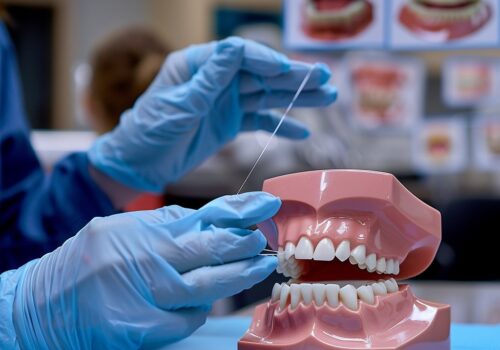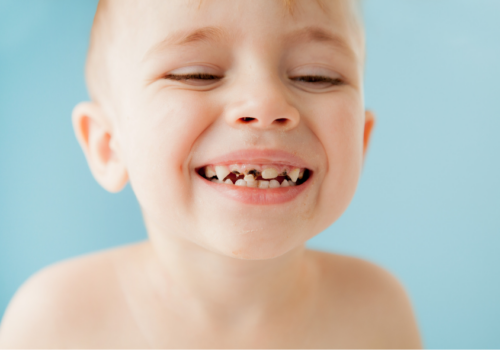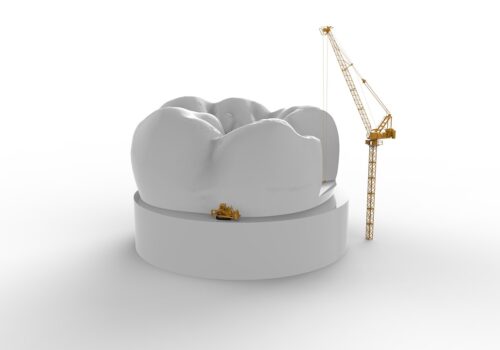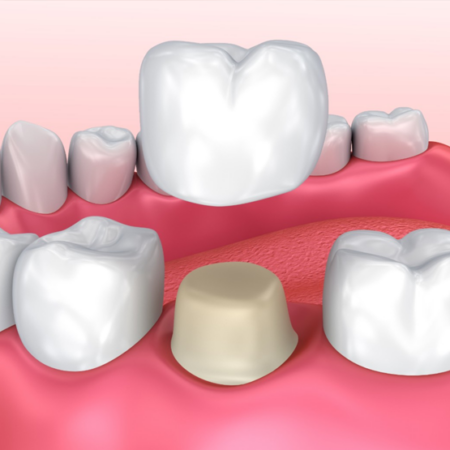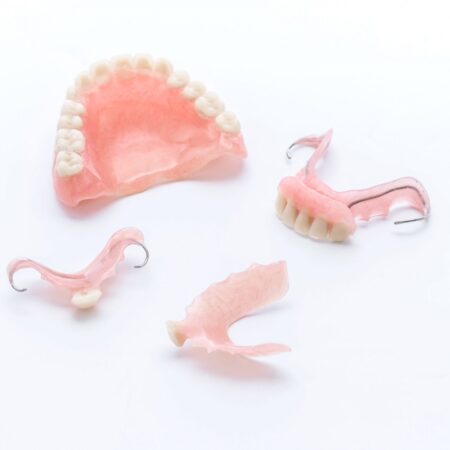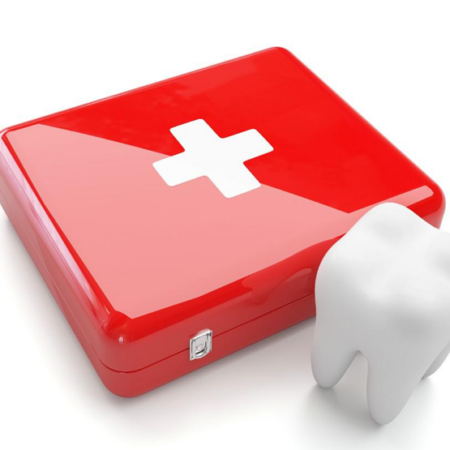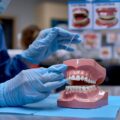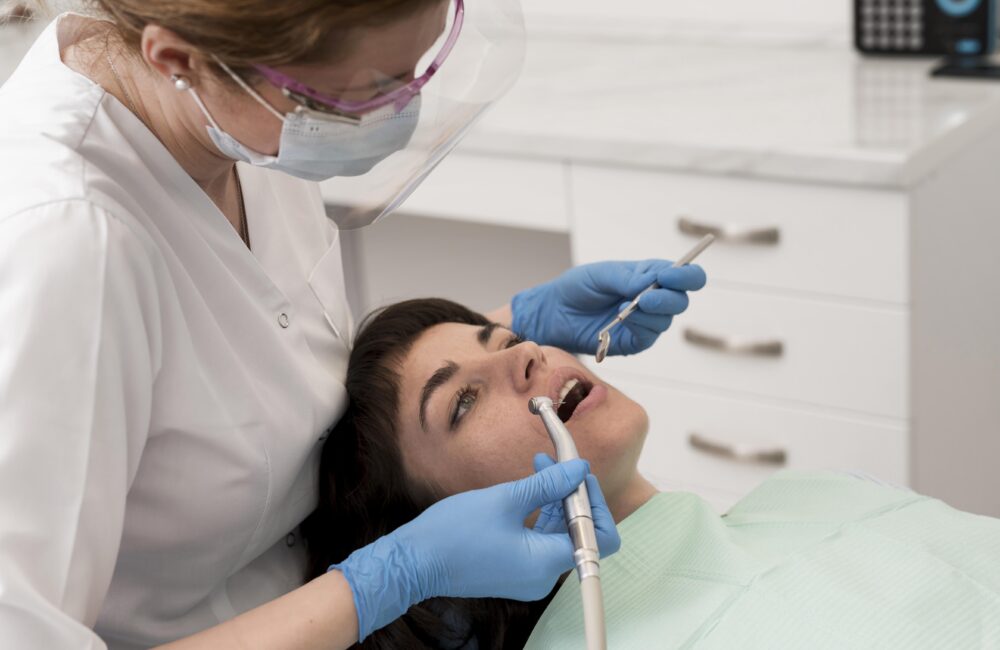
Dental attrition is a common yet often overlooked issue that can significantly impact oral health. It refers to the gradual loss of tooth structure due to the natural wear and tear of teeth. Understanding the causes, consequences, and solutions for attrition is essential for maintaining optimal dental health and ensuring a beautiful smile.
What is Attrition?
Attrition is the process of tooth wear caused by the friction of teeth grinding against each other. This natural phenomenon can be exacerbated by various factors, including habitual grinding, clenching, and certain lifestyle choices. Unlike erosion, which is caused by acidic substances,wear results from mechanical forces acting on the teeth.
Causes of Attrition
- Bruxism: One of the most common causes of attrition is bruxism, a condition characterized by grinding or clenching of the teeth, often occurring during sleep. This habit can wear down the enamel and lead to significant tooth damage over time.
- Misalignment: Malocclusion or misalignment of the teeth can cause uneven wear. When teeth do not align properly, certain areas may experience excessive pressure, leading to increased attrition.
- Habitual Grinding: Regular habits such as nail-biting or chewing on non-food objects can contribute to attrition. These behaviors put additional stress on the teeth and accelerate wear.
- Stress: High-stress levels can lead to unconscious teeth grinding or clenching, particularly at night. This increased pressure can contribute to the attrition of tooth surfaces.
Consequences of Attrition
- Enamel Wear: The enamel is the hard, protective outer layer of the teeth. Attrition wears down the enamel, which can lead to increased sensitivity and a higher risk of cavities.
- Tooth Sensitivity: As enamel wears away, the underlying dentin becomes exposed. This can cause heightened sensitivity to hot, cold, and sweet foods and beverages.
- Aesthetic Concerns: it can alter the shape and appearance of your teeth, leading to a less attractive smile. Worn teeth may appear shorter or uneven, affecting your overall dental aesthetics.
- Functional Issues: Significant attrition can impact the function of your teeth, making it difficult to chew properly. This can affect your ability to eat a variety of foods and may lead to further dental problems.
Solutions for Managing Attrition
- Dental Appliances: Custom-made dental appliances, such as night guards, can help protect your teeth from the effects of bruxism and prevent further attrition. These devices are worn over the teeth while sleeping to absorb the forces of grinding and clenching.
- Orthodontic Treatment: If misalignment is contributing to it, orthodontic treatment may be necessary to correct the alignment of your teeth. Braces or clear aligners can help ensure that your teeth meet properly and distribute pressure evenly.
- Stress Management: Reducing stress through relaxation techniques, therapy, or lifestyle changes can help prevent unconscious teeth grinding. Managing stress effectively can reduce the frequency and severity of bruxism.
- Regular Dental Checkups: Regular visits to your dentist can help monitor the condition of your teeth and identify early signs of attrition. Your dentist can recommend appropriate treatments and preventive measures to protect your dental health.
- Restorative Dentistry: advanced cases, restorative treatments such as dental bonding, crowns, or veneers may be necessary to repair and restore the affected teeth. These procedures can enhance both the function and appearance of your smile.
Preventing Attrition
Prevention is key to managing attrition and maintaining optimal dental health. Here are some tips :
- Avoid Hard Foods: Reduce the consumption of hard or abrasive foods that can contribute to wear and tear on your teeth.
- Maintain Good Oral Hygiene: Brush and floss regularly to keep your teeth and gums healthy, and visit your dentist for routine cleanings and checkups.
- Address Stress: Practice stress-reducing techniques to minimize teeth grinding and clenching.
Final Thoughts
Attrition is a natural process that can have significant implications for your dental health and appearance. By understanding the causes and consequences of attrition and exploring effective solutions, you can take proactive steps to protect your smile and ensure long-term oral health. If you suspect you may be experiencing attrition, consult with your dentist to determine the best course of action for your specific needs.
For more insights into dental health and solutions, visit our blog at udenz.io.
Feel free to adjust any details or add specific information as needed!




